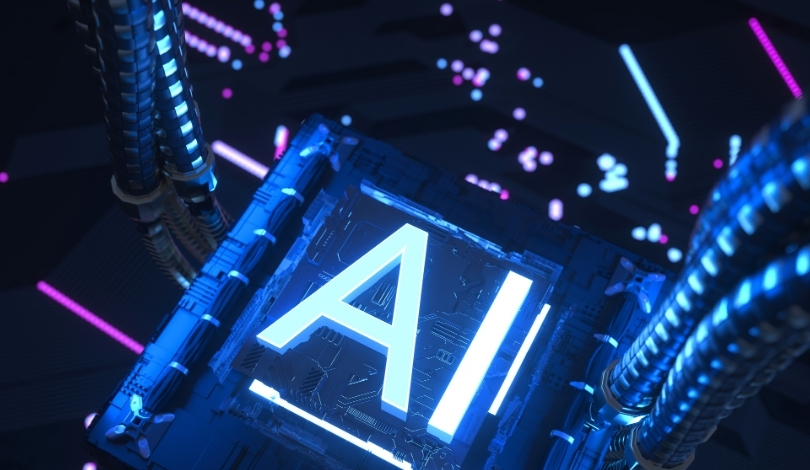In a significant legal battle, Meta is accused of utilizing unauthorized datasets to develop its AI models. The case involves serious allegations that could reshape the landscape of AI development and copyright law. Stakeholders across the tech industry are closely monitoring the proceedings, which may set important precedents for future AI projects.
History shows increasing tension between technology firms and copyright holders over data usage. Previously, similar disputes have highlighted the challenges of balancing innovation with intellectual property rights. This case against Meta intensifies the discussion, emphasizing the need for clearer regulations in the rapidly evolving AI sector.
How Did Meta Acquire the LibGen Dataset?
Plaintiffs allege that Meta systematically torrented and stripped copyright management information from the LibGen dataset to train its Llama AI models. The use of such pirated materials raises concerns about the legality and ethical implications of Meta’s data acquisition strategies.
What Evidence Supports the Plaintiffs’ Claims?
Documents submitted to the court reveal that Meta’s senior leaders, including CEO Mark Zuckerberg, approved the use of the LibGen dataset despite internal objections.
“Using pirated datasets compromises our integrity,”
an internal memo from December 2024 states, highlighting the ethical dilemmas faced by Meta’s AI executives.
What Are the Potential Implications of the Case?
The outcome of Kadrey et al. vs. Meta could influence emerging AI legislation and enforcement of copyright laws. If the plaintiffs succeed, it might lead to stricter guidelines for AI training processes and greater accountability for tech companies in data sourcing.
Recent analyses suggest that this case is part of a broader trend where courts are increasingly addressing the conflicts between AI innovation and existing copyright frameworks. Unlike earlier disputes, the focus here is on the deliberate removal of copyright protections to facilitate AI training, potentially leading to more nuanced legal interpretations.
Meta denies all allegations and has not responded to the reported statements from Zuckerberg regarding the case. The legal proceedings continue to garner attention, underscoring the critical balance between technological advancement and the protection of creative rights.
The resolution of this case will not only affect Meta’s operations but also set a benchmark for how AI companies source and utilize data. Ensuring that AI development respects intellectual property laws is essential for maintaining trust and fostering sustainable innovation in the technology sector.










